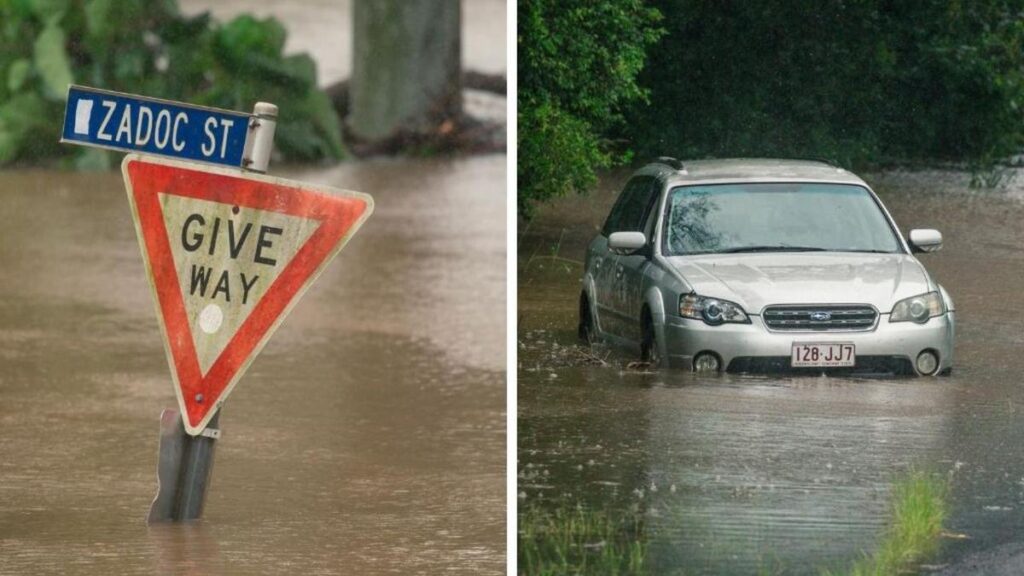
UPDATE: Independent MP Zali Steggall has just introduced a groundbreaking Climate Change (National Framework for Adaptation) Bill 2025, aiming to enhance Australia’s climate resilience amid alarming economic forecasts. Steggall warns that the Albanese government is neglecting “some of the biggest dangers to Australia’s economy,” as climate-related disasters intensify.
In a striking statement, Steggall emphasized the urgent need for action, referencing a Deloitte report that projected a staggering economic impact of at least $73 billion by 2060 due to natural disasters linked to climate change. This forecast comes on the heels of a devastating bushfire season in 2019-20, which previously estimated costs at $38 billion.
“We know the government is sitting on a national risk assessment,” Steggall told ABC earlier today. “It was due back in February, but that would be inconvenient.” This assessment, she argues, underscores the vulnerability of Australian communities and the pressing need for a comprehensive adaptation plan.
Revelations from the Australia Institute indicate that one in five households in Australia are either underinsured or uninsured. “When disasters strike, people lose everything, and it is devastating,” Steggall remarked, highlighting the human cost of inaction.
As Climate Change and Energy Minister Chris Bowen prepares to unveil Australia’s 2035 climate targets in the coming weeks, Steggall is calling on Labor to set “strong” goals while also investing in resilience and adaptation measures. Her proposed bill includes provisions for independent national climate change risk assessments every five years, a national adaptation plan to address identified risks, and annual progress reports.
Furthermore, the bill mandates the government to publish a declassified version of an Office of National Intelligence report on climate change-induced security threats.
Steggall noted that she has engaged in numerous discussions with key figures, including Prime Minister Anthony Albanese and Bowen, asserting that the risks are widely recognized. “Everyone knows we have to do more to prepare Australia for the impacts that are coming,” she stated emphatically.
Despite these discussions, she expressed frustration at the lack of action. “You cannot invest in productivity without underpinning that with risk assessments and insurance,” she stated, criticizing the government for seemingly ignoring crucial consultations, including with the Insurance Council, during productivity discussions.
As the climate crisis escalates, Steggall’s bill represents a critical step toward safeguarding Australian communities and economic interests. The call for immediate action resonates strongly as the nation grapples with the realities of climate change and its far-reaching consequences.
What Happens Next: The introduction of this bill marks a pivotal moment in Australia’s climate policy. Observers will be closely monitoring the government’s response and whether they will act decisively to protect vulnerable communities and mitigate economic fallout from climate-related disasters.
The urgency for resilient policies is now more critical than ever, as the time to prepare is running out.




